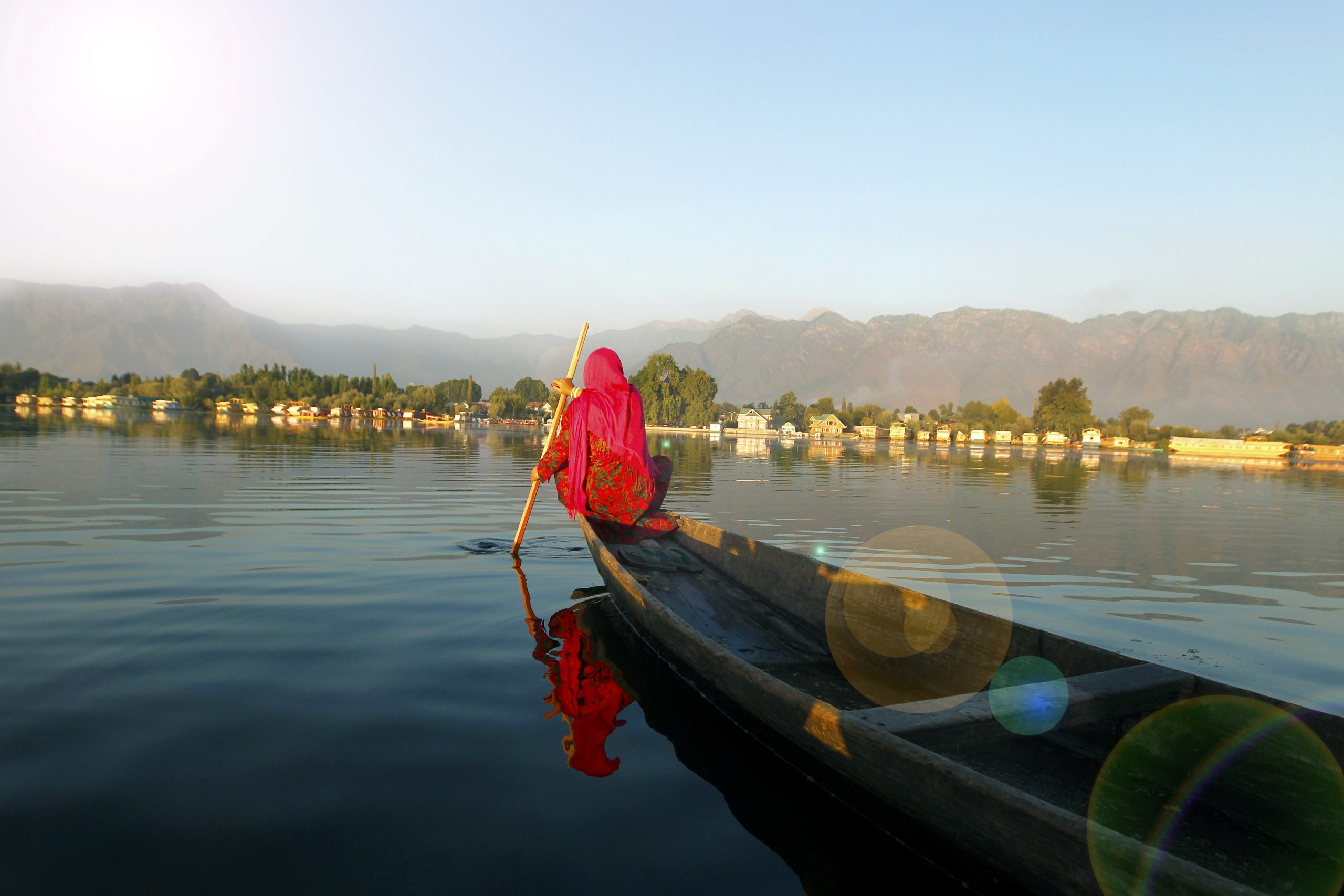
Kashmir: New Normal or Abnormal?
Tue, 15 Jun 2021 | Reading Time: 6 minutes

Kashmir: New Normal or Abnormal?
Earlier this month, the rumour mills started working overtime in the Kashmir valley. The buzz on the streets, in the corridors of power and of course in cyberspace was of something big about to happen. Speculation was rife that the Union Territory of Jammu and Kashmir was going to be bifurcated into Jammu, which would be given full state-hood, and the Kashmir region that would remain a Union Territory for some more time. Credence was lent to these rumours by reports of large-scale para-military movements. Even as these rumours were reaching a crescendo, the Prime Minister’s Office announced that he would be addressing the nation. There was near panic among many people who didn’t want to get caught up in another possible ‘lockdown’ that could follow if the government of India was indeed bifurcating the Union Territory. No amount of logic or assurance that there was nothing of the sort in offing and that the Prime Minister was in all likelihood only going to speak on the pandemic and that the para-military forces were only returning to their locations after discharging their duties in the five states where elections had been concluded, was enough to convince people. Even the Pakistanis jumped in and the foreign office in Islamabad made a fool of itself by reacting to rumours and issuing a statement on a possible bifurcation, demographic change and what have you.
The Pakistani panic was understandable. Having been caught napping once – their “world’s best intelligence agency” had no idea or inkling about the constitutional reforms in Jammu and Kashmir in August 2019 – the Pakistanis didn’t want to take any chances and suffer the ignominy of being proved clueless about what is happening in Jammu and Kashmir yet again. But the very fact that the Pakistanis took rumours seriously also is a statement on how utterly ill-informed, mis-informed, and uninformed they are about the situation in the Union Territory. Parroting ad nauseum, the ‘beloved Kashmir cause’ is great for political rhetoric, stoking the sentiments and emotions of the people, but that’s about it. The disinformation and misinformation that the ISPR and ISI along with their media and troll corps unleash really serves little purpose except mislead their own people and create noise.
But it is not just the common Pakistani who are being misled; former diplomats and generals, working journalists, academics and analysts, and active and not so active politicians, are either genuinely ignorant about the new realities in Kashmir, or prefer to not acknowledge the reality that exists on ground in the Valley. Like many in India who predicted, or at least feared, doomsday in Jammu and Kashmir after August 2019, almost all of Pakistan was convinced that Kashmir would explode and India would be left with no feet to stand on. Former High Commissioners went apoplectic, predicting genocide in Kashmir and threatening the use of nuclear weapons. The slimier of the lot, who had recently served in India, preached the virtues of Jihad and why an armed struggle would be in accordance with international law.
But nearly two years later, everyone is left scratching their heads on why their doomsday scenarios failed so spectacularly. All efforts by dubious Western media groups and pro-Pakistan and anti-India Turkish and Qatari state-owned media houses to orchestrate a mass uprising in Kashmir by amplifying protests in one mohalla of Srinagar fell flat. Within a few weeks, the restrictions on physical movement were lifted. Almost all politicians who were placed under preventive detention have been released and political activity has once again commenced in the Union Territory. Within a few months most of the restrictions on communications were also lifted. Only high-speed mobile internet took much longer to restore. And yet, even today the Pakistanis keep going on and on about the “continuing lockdown” in Kashmir, the curfew and communications blockade etc. Either these guys are living in a cave and don’t know what is the situation on ground in Kashmir, or they would like to hide their disappointment, even disbelief that the uprising and insurrection they expected, nay prayed for, has not happened.
When the restriction started being eased, many people predicted that the summer of 2020 would be the real test case. When 2020 passed off relatively peacefully, it was predicted that 2021 would be the real test. But even this is proving to be a false alarm. Does this mean terrorism is a thing of the past in Kashmir? Not at all. Pakistan has still not given up trying to incite violence. Nor has it given up patronising terror groups. Also, inside Kashmir, there are still some people who find romance in taking to the gun. Some of this will keep happening – the target killings, the odd hit-and-run attack, attempts to plant IEDs or bombs, perhaps even carry out a suicidal assault on a police station or army camp, or even people being mobilised to thwart a security operation. But much of this is now the handiwork of a fringe. Clearly, unless it is merely surface calm in Kashmir and some great tumult is building and all set to explode without warning, it seems that a majority of people have reconciled to the new reality and are adjusting to it quite seamlessly.
The tell-tale signs of change are visible. When was the last time anyone heard of the Hurriyat leaders? How much traction are these separatists’ leaders getting now? Who looks towards the Hurriyat for a solution to Kashmir anymore? In fact, there is hardly anyone who now advocates reaching out to the Hurriyat. The mainstream leaders have also started reconciling with the new reality. After making a bit of a show of force through the People’s Alliance for Gupkar Declaration (PAGD), all the component parties are now nuancing their stance. The tone has softened, the political stand is no longer rigid. The tweets are more conciliatory.
There is a visible sign that many of the politicians are keen on engagement rather than estrangement. The politics of running with the hare and hunting with the hound is conspicuous by its absence. Earlier, the mainstream parties adopted soft separatist line when in opposition. No longer. They know it is not acceptable any more. Their software update is still in a beta mode and needs some refining. But things are headed in the right direction.
The administration too is being cleansed. For many years separatists and their agents had been recruited in government at different levels. Now a concerted effort is underway to get rid of the fifth columnists. The media too had been living off the state and peddling anti-state and pro-separatist poison. Here too a software update is underway. The crackdown of terror finance and money laundering has also had a salutary effect. A lot more needs to be done, but the message has gone across that separatism is no longer good business.
The shock and awe effect of the August 5 constitutional reforms might actually have turned the tide in Kashmir by changing the grammar of political discourse and terms of engagement with the government. But while things are looking good in Jammu and Kashmir, it is critical that New Delhi doesn’t let the ball slip out of its hands yet again. There have been times in the past when it seemed that Delhi was about to win the match only to watch it slip out of its fingers. In a way Delhi’s record in Jammu and Kashmir is like that of the Indian Hockey team of the 1980s and 1990s, when we had the best forwards but the worst finishers; they would take the ball to the scoring circle and then fail to score. This time the stakes are much higher and New Delhi cannot afford not to score.
Rather than becoming complacent, Delhi needs to do a few things quickly and efficiently. One, it needs to continue with its crackdown on the fifth column in the administration and smash the money laundering networks that sustain terrorism in Kashmir; two, it needs to keep the security and intelligence grid in top shape; three, it needs to re-engage with the political leadership in Kashmir and shift gears on the political process in Jammu and Kashmir; four, it needs to start the delimitation exercise and ensure it is transparent and non-controversial; five, the government needs to put in place policies that make Jammu and Kashmir an attractive investment destination; six, Delhi must ensure communal harmony in rest of India because nothing harms India’s case more in Kashmir than this factor.
***********************************************************************************************************
Author

Sushant Sareen is Senior Fellow, Observer Research Foundation. He is an expert on Pakistan and Terrorism, his published works include Balochistan: Forgotten War, Forsaken People (2017), Corridor Calculus: China-Pakistan Economic Corridor & China’s Comprador model of investment in Pakistan (2016).
Disclaimer
The opinions expressed in this article are the author’s own and do not reflect the views of Chanakya Forum. All information provided in this article including timeliness, completeness, accuracy, suitability or validity of information referenced therein, is the sole responsibility of the author. www.chanakyaforum.com does not assume any responsibility for the same.
Chanakya Forum is now on . Click here to join our channel (@ChanakyaForum) and stay updated with the latest headlines and articles.
Important
We work round the clock to bring you the finest articles and updates from around the world. There is a team that works tirelessly to ensure that you have a seamless reading experience. But all this costs money. Please support us so that we keep doing what we do best. Happy Reading
Support Us




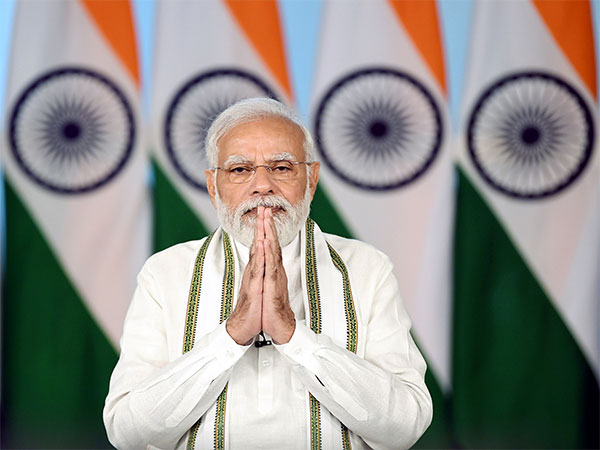
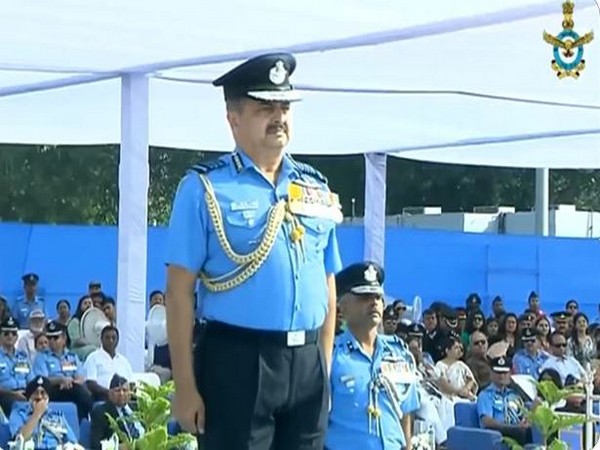
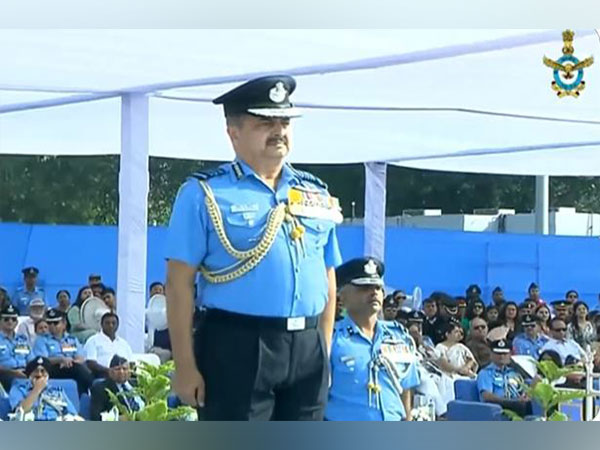



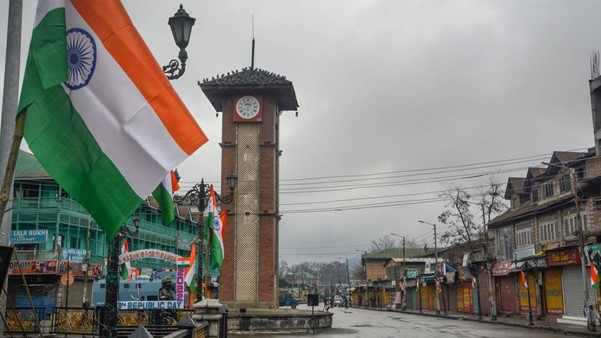
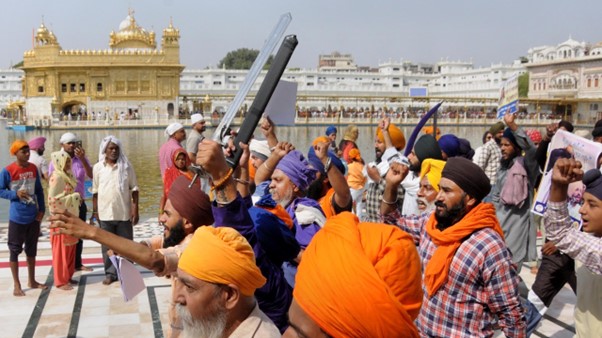
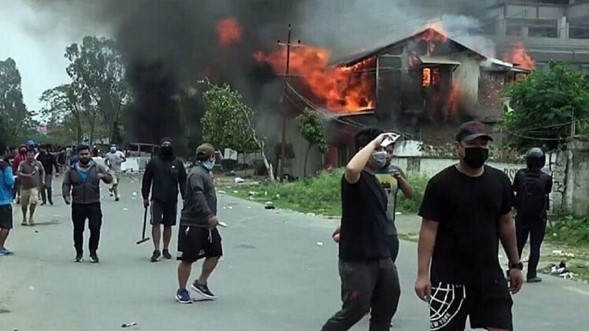
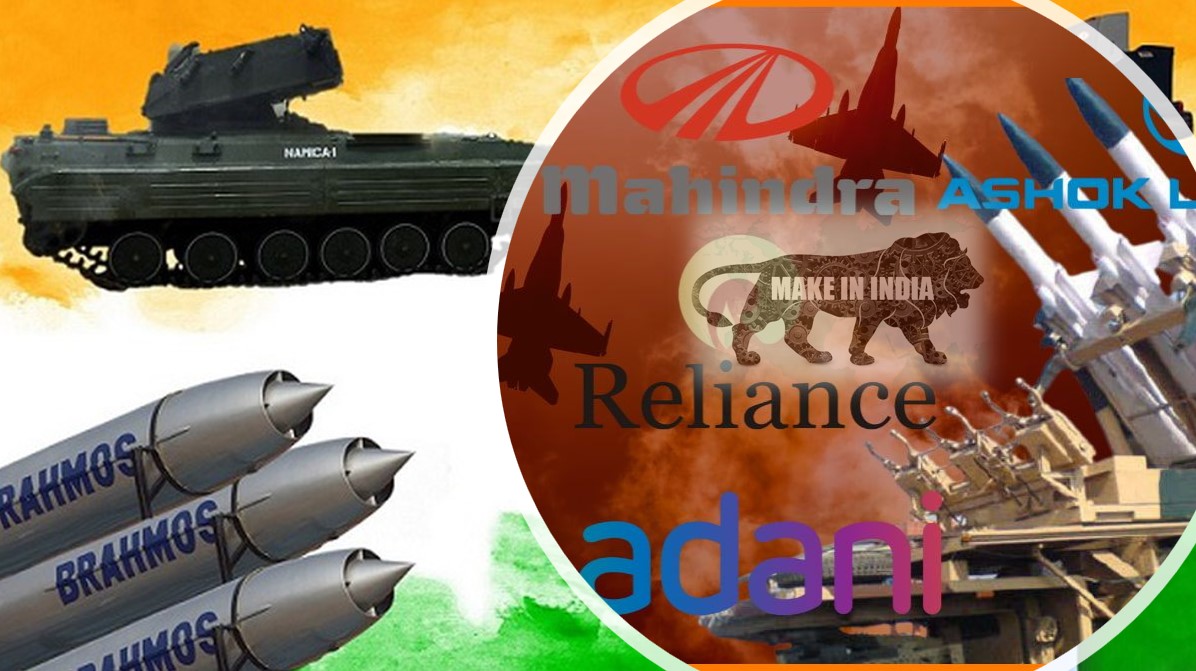






POST COMMENTS (1)
P.S. eudonym